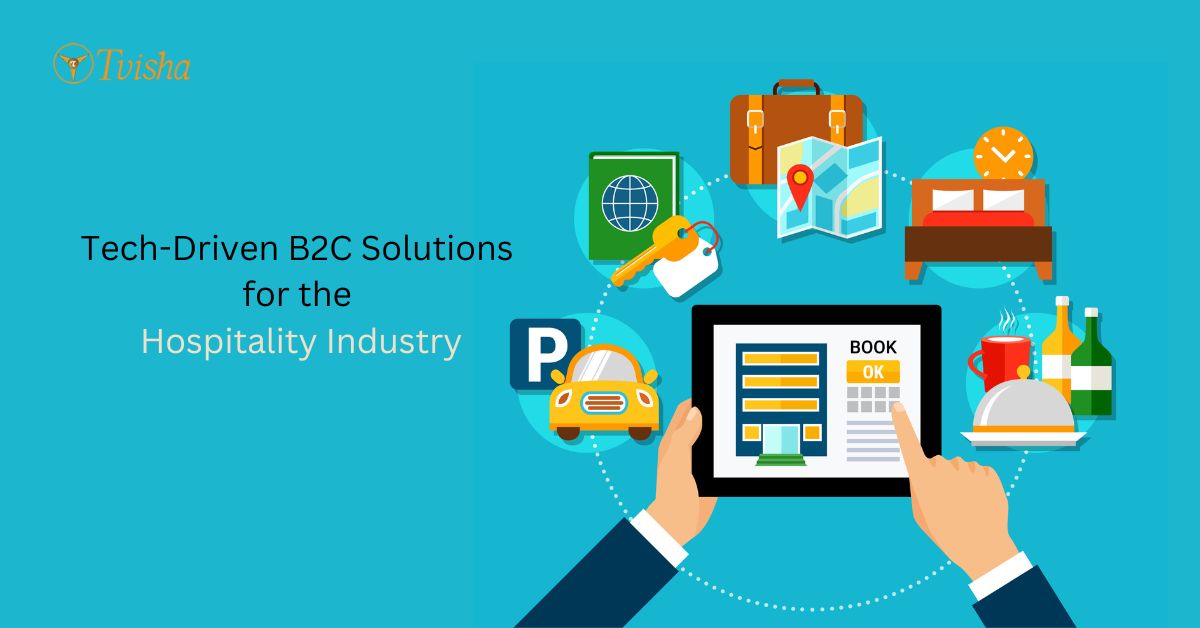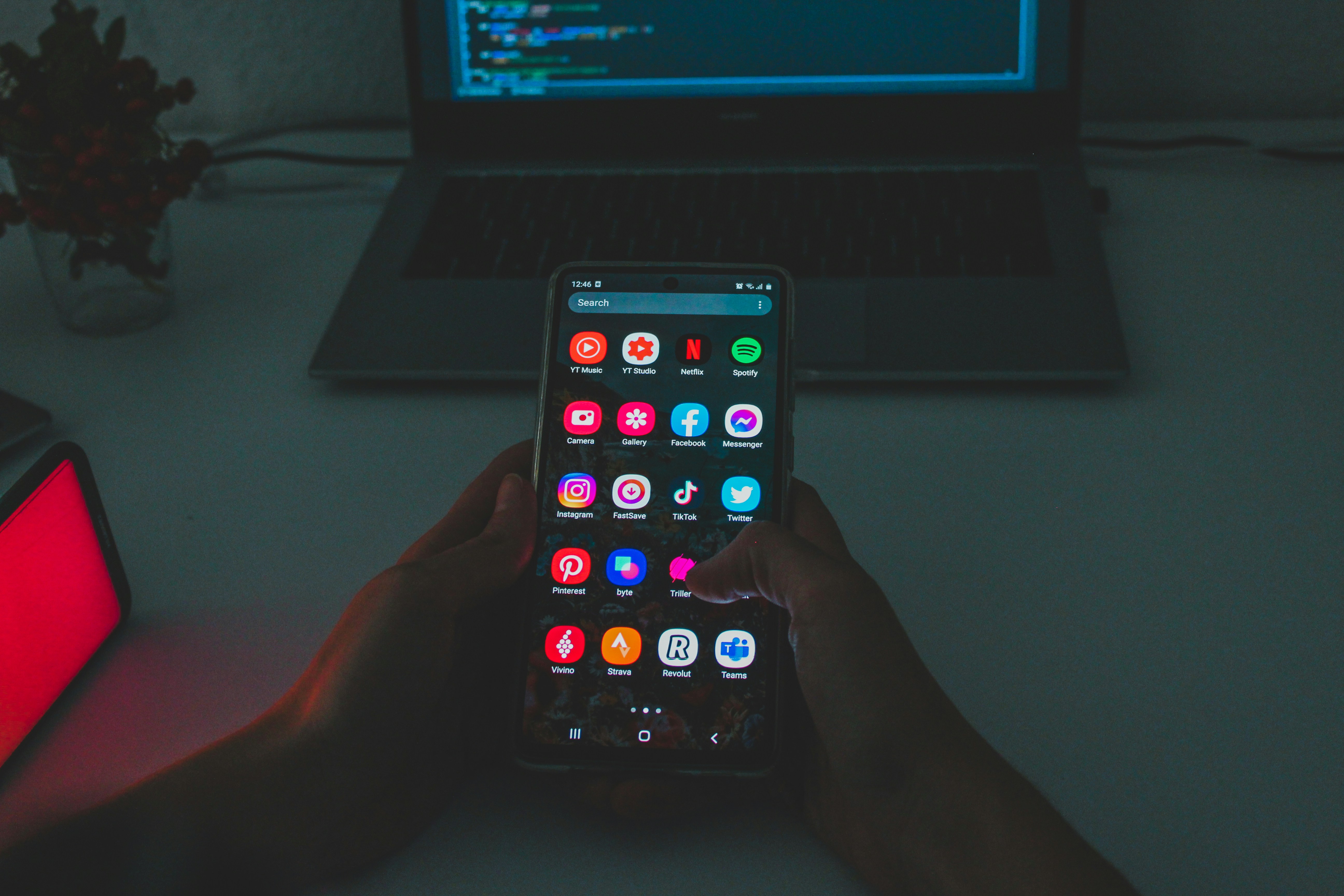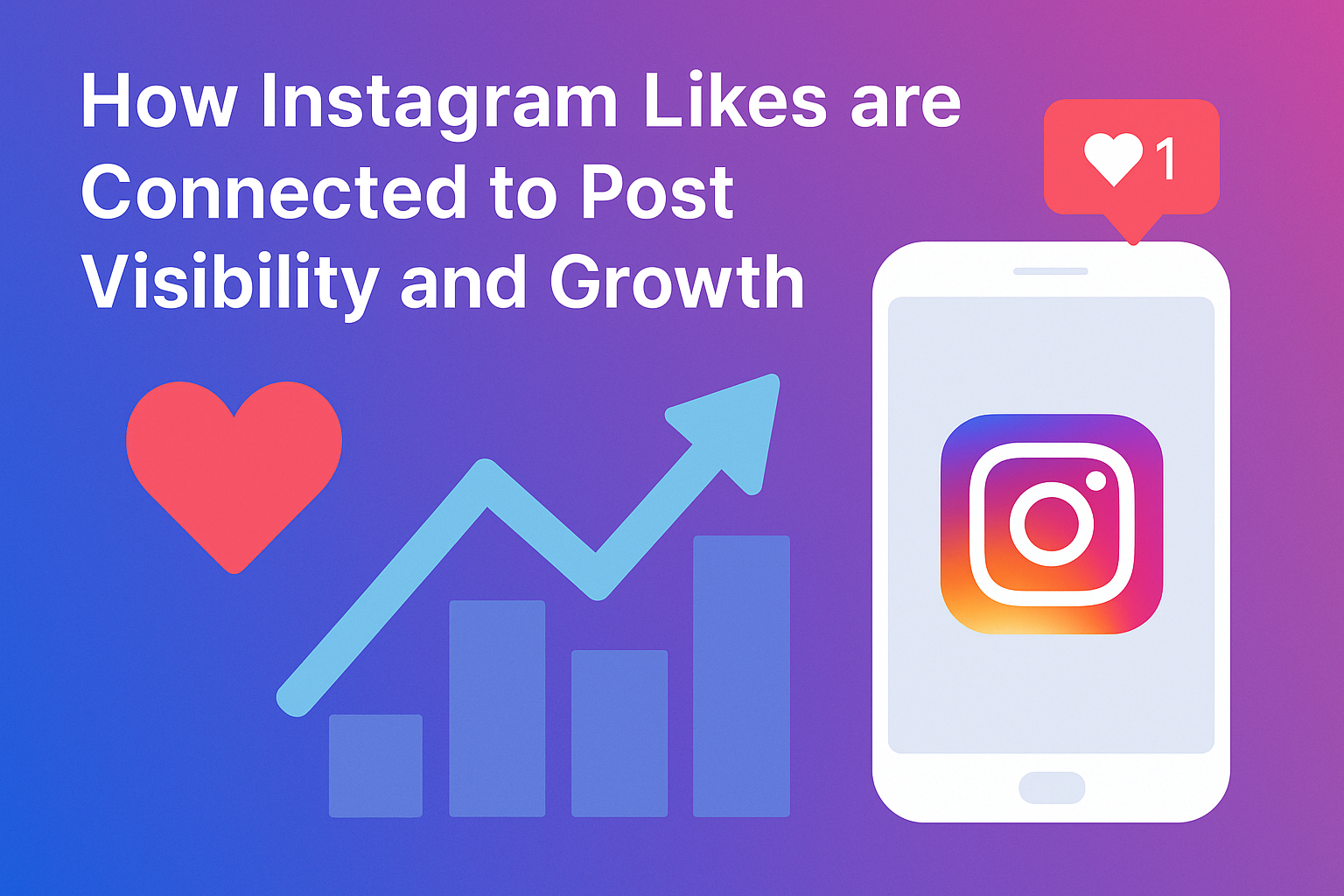
Top Trends in Tech-Driven B2C Solutions for the Hospitality Industry
The hospitality industry is going through an exciting makeover, thanks to tech-driven solutions tailored for the consumer market. With guest expectations rising, businesses are turning to technology to improve experiences, simplify operations, boost data security, and stay ahead of the game.
Thanks to technology, hotels can now upgrade booking systems, incorporate AI-powered chatbots, and even design a restaurant digital menu.
This article takes a closer look at the top trends driving this transformation and how they help deliver outstanding hospitality experiences.
An Overview of Technology Integration in Hospitality
The hospitality industry is embracing technology like never before.
AI-powered chatbots are stepping in to offer round-the-clock customer support, quickly and accurately handling questions and bookings. This helps free up hotel staff for more important duties while ensuring guests get the help they need, anytime, day or night.
Additionally, IoT devices are taking room experiences to a new level by automating lighting, temperature, and entertainment systems. Guests can easily adjust settings with just a button press, making their stay as comfortable and convenient as possible.
Many hotels are also jumping on the contactless bandwagon, with features such as keyless room entry and virtual check-ins that simplify the arrival process and cut down on the need for physical contact.
To keep up with the rise in hybrid work, hotels are boosting their tech offerings with reliable Wi-Fi and creating work-friendly spaces. These enhancements make it easy for guests to switch between work and relaxation, turning hotels into an appealing option for business travelers.
Integrating these technologies allows hotels to meet the expectations of today's travelers, as well as streamline their operations, cut costs, and enhance service quality.
Enhancing Guest Experiences through Personalized Services
Guests today want services that fit their personal likes and dislikes, and technology is helping make this happen. From AI chatbots to data insights, customization is now a big part of enhancing what guests experience.
As mentioned earlier, AI-powered chatbots are changing the hospitality scene. They take care of bookings, answer questions, and even recommend nearby attractions based on what the guests prefer. These chatbots keep learning from past chats and guest actions, getting better at understanding what guests want and suggesting things they'll enjoy.
With the help of advanced data analytics, hotels can dig into details from past stays, favorite amenities, and dining habits. This level of personalization makes sure that guests have a truly unforgettable time during their visit.
Streamlining Operations for Seamless Experiences
Improving guest experiences is essential, but ensuring smooth operations behind the scenes is just as important for delivering great service. Here's how technology helps strike this balance.
Smart Room Technologies
Remember when you had to get up to flip a switch to turn off the lights? Now, you can just use your voice to dim the lights to set the mood. Smart room technologies are becoming more common in hotels worldwide.
Guests can now use mobile apps or voice commands to control lighting, temperature, and entertainment systems. Plus, hotel staff can remotely monitor room conditions and make adjustments without interrupting guests' stay.
Automated Check-In/Out Systems
Automated check-in and check-out systems let guests skip the front desk. With a few taps on an app or a quick scan at a kiosk, guests can head straight to their rooms or breeze through the checkout process without any fuss.
These handy kiosks are a lifesaver for tired travelers who just want to relax quickly or need to catch a flight without the hassle of waiting at the reception.
Efficiency Improvements Through Automation
Here’s how automation enhances hotel operations:
- Back-Office Automation: Tasks like inventory management and paperwork become more efficient and less error-prone with automation. This allows back-end processes to run smoothly, freeing up staff to focus on guests.
- Predictive Maintenance: Automated systems can foresee when equipment might fail, allowing for repairs before problems arise. This proactive approach not only cuts costs but also ensures guests enjoy seamless services during their stay.
- Sales Optimization: AI tools analyze market trends and understand what guests want, helping hotels craft better marketing strategies and pricing models. This approach boosts revenue while aligning with guest expectations.
In summary, automation in the hospitality sector helps hotels uphold high service standards while managing their resources effectively.
Enhancing Dining Experiences with Digital Innovations
Why stick to old-fashioned paper menus when digital ones can offer so much more excitement? With touch-screen tablets at tables, restaurants can provide interactive menus that let guests explore options and customize their orders easily.
Moreover, mobile ordering apps are a game-changer. Whether relaxing by the pool or sitting at your favorite restaurant, you can order food and drinks straight from your smartphone with just a few taps.
These apps work seamlessly with a restaurant’s Point-of-Sale (POS) system, making sure orders get to the kitchen without a hitch. This smooth integration reduces mistakes and ensures your meal arrives promptly.
Guest Experience and Expectations: Catering to Gen Z
As hotels upgrade their technology, they also need to pay attention to what Gen Z guests are looking for. These travelers aren't just searching for a place to stay; they want memorable experiences that align with their values.
Here's what Gen Z travelers care about:
- Sustainability: Gen Z is prepared to spend more on eco-friendly places to stay. They value sustainability, so hotels should adopt green practices and make sure these efforts are noticeable to guests.
- Digital Connectivity: This generation expects easy, mobile-friendly options, like virtual check-ins and keyless room access. These features make things convenient and allow for quick, contactless interactions, which are becoming standard in the industry.
- Social Media Presence: Social media influences what guests expect. Hotels can use these platforms to engage with guests, collect feedback, and effectively manage relationships. Understanding online behavior allows hotels to tailor services to individual preferences, creating personalized experiences.
By concentrating on these areas, hotels can meet Gen Z's changing expectations and build loyalty with this impactful group.
Cost-Saving Tech Initiatives
Hotels are saving money by using the latest technology to automate tasks and improve energy efficiency. Here’s how they do it:
IoT Devices for Energy Efficiency
Internet of Things (IoT) devices, as mentioned earlier, are changing how hotels manage energy. By connecting systems like lighting, heating, and cooling, hotels can automatically adjust energy use based on how many people are in the building and the weather outside. This helps cut down on waste and lowers utility bills, making operations more sustainable.
Predictive Maintenance
Predictive maintenance technology is becoming popular in hotels. These systems analyze data from equipment to predict potential problems and schedule repairs before issues occur. This proactive method helps avoid expensive breakdowns and extends the life of equipment, which means more savings.
Cloud Computing for Operational Efficiency
Cloud computing is another way hotels are cutting costs. By moving operations to the cloud, hotels can reduce the need for on-site servers and IT staff, saving money on hardware and labor.
This approach allows for easy updates and the ability to scale operations without major investments, keeping everything running smoothly and efficiently.
These tech initiatives not only help hotels save money but also meet the growing consumer demand for sustainability, making them a smart investment for the future.
Data Security in Hospitality
Hotels collect and manage a lot of personal information, from credit card numbers to passport details, making them attractive targets for cybercriminals. To safeguard this data, it's crucial to implement strong security measures and keep systems updated to tackle new threats.
Hospitality IT leaders consider cybersecurity a top priority, recognizing its essential role in keeping guest confidence and ensuring business credibility.
While technologies like IoT and point-of-sale systems bring benefits, they also increase the risk of cyberattacks if not properly secured. That's why hotels should invest in tools like end-to-end encryption, secure network settings, and regular security checks.
Employee training in cybersecurity is also key. Staff need to be able to spot phishing attempts and understand why strong passwords are vital. As cyber threats continue to evolve, ongoing education is necessary to ensure everyone can respond to potential breaches swiftly and effectively.
Compliance with data security standards like PCI-DSS is also important for protecting payment information and reducing liability. This proactive stance helps mitigate risks and ensures a secure experience for guests.
Conclusion
The hospitality industry is going through a big transformation thanks to consumer-focused tech solutions. These digital solutions changes not only improve the guest experience but also make operations more efficient, strengthen data security, and reduce costs.
From AI chatbots offering personalized services to IoT devices that help save energy, the industry leverages technology to exceed the expectations of today's travelers, especially tech-savvy Gen Z.
Hotels that embrace these innovations are prepared to deliver memorable experiences while maintaining sustainability and operational efficiency.
However, using advanced technology also means there’s a responsibility to protect guest data. Focusing on cybersecurity is crucial to keeping trust and protecting sensitive information.
Ultimately, blending technology with hospitality meets current consumer demands and lays the groundwork for a more adaptable, efficient, and sustainable industry. As these tech trends evolve, they'll give hotels the edge needed to succeed in an ever-changing market.

















 Whatsapp
Whatsapp
 Email
Email


